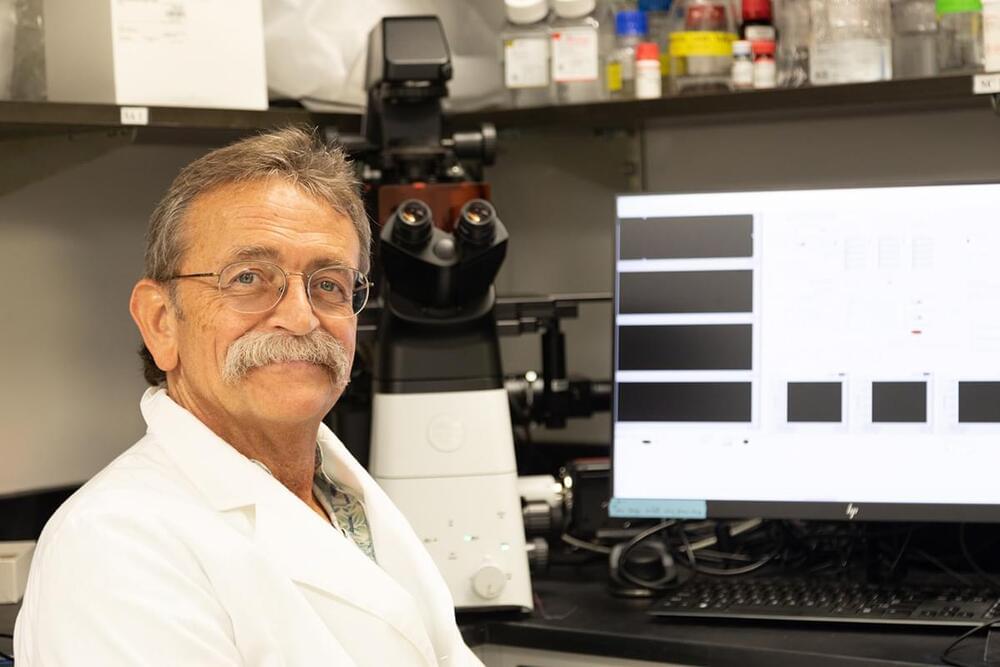The Stem Cell Reports paper demonstrated the capability to grow and differentiate cortical neurons — known to be responsible for a majority of higher brain function — into fully mature and functional cells.
These neurons were then incorporated into a circuit functioning as a simulated system, where the researchers were able to induce long-term potentiation (LTP). LTP — which allows for memory formation — is a key phenomenon in the study of cognition, and one that has mostly evaded direct observation in human models.
A UCF researcher’s work to create a “brain-on-a-chip” aims to improve neurological disorder research by speeding up drug discovery and providing an alternative to animal testing.
James Hickman — professor of chemistry, biomolecular sciences and electrical engineering — recently published some of his latest findings in the journals Stem Cell Reports and Advanced Therapeutics.
These studies explain advancements in his research group’s efforts to develop the functional neural model otherwise known as a “brain-on-a-chip.” Such a model could revolutionize neurological research by replicating the pathologies of neurological disorders and rare autoimmune neuropathies, without the need for testing on human or animal subjects.
